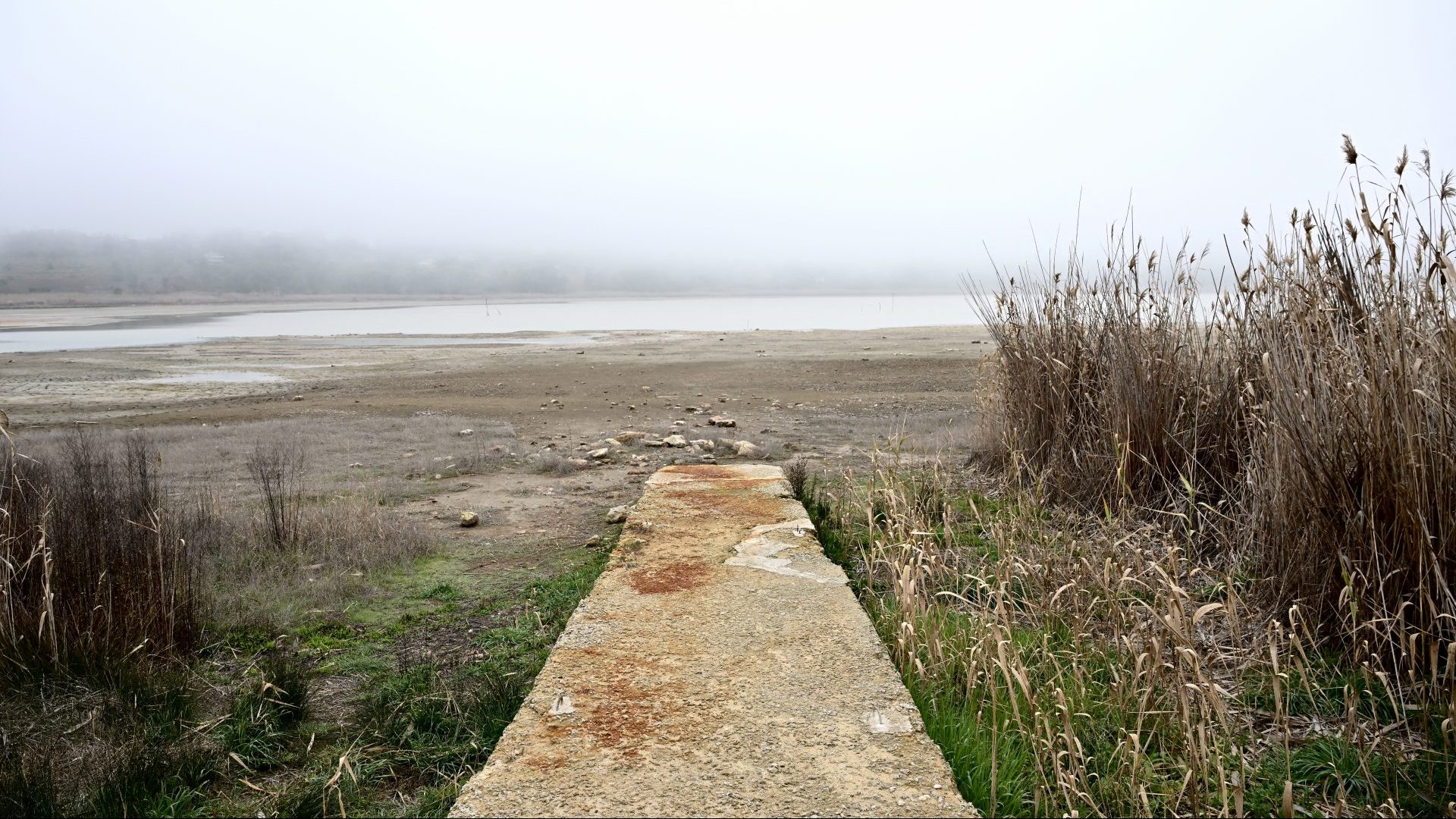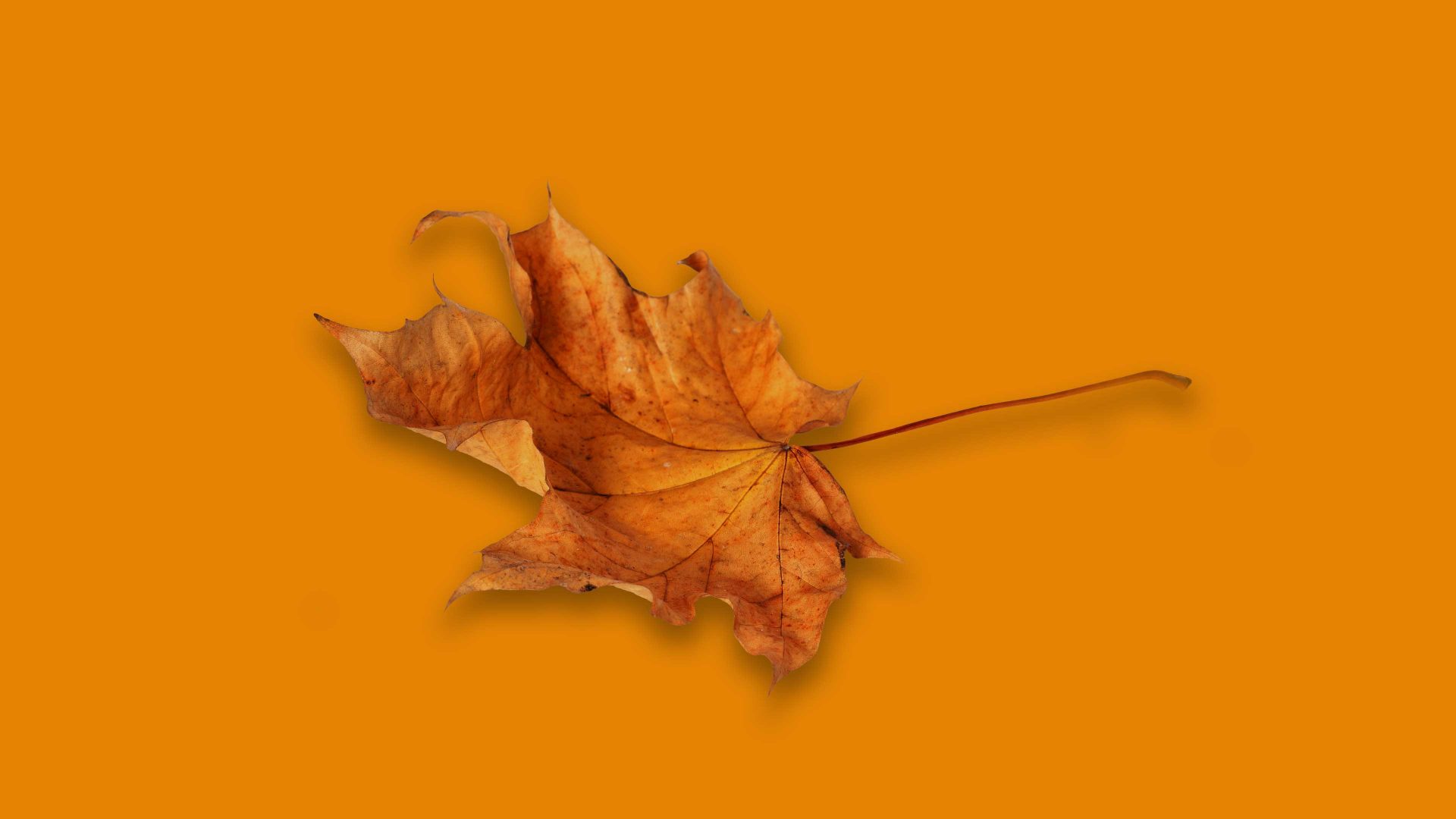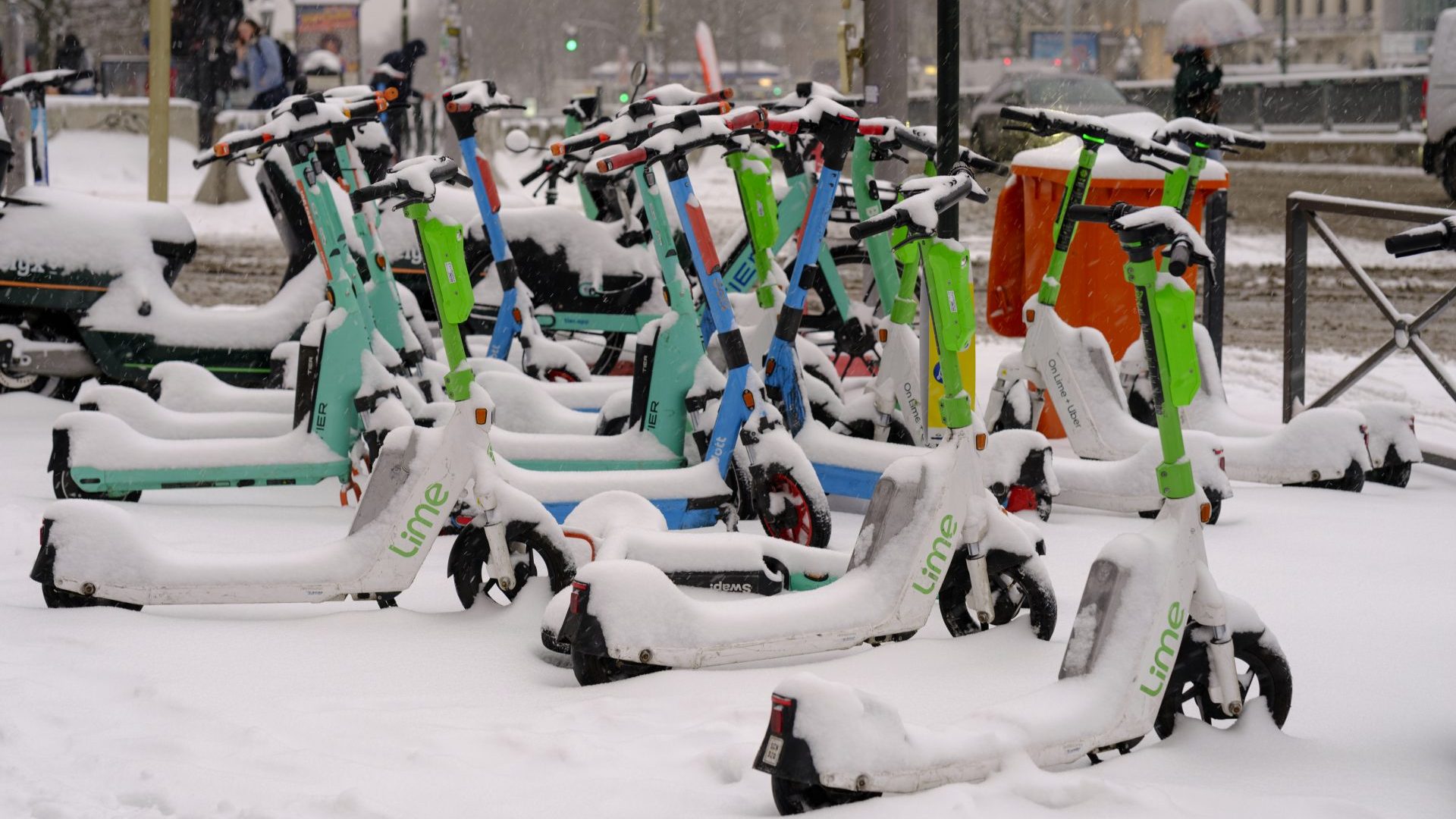Sicily has been having a hard time lately. Mount Etna’s eruptions this summer caused flights to be cancelled or diverted. Perhaps even worse, Lake Pergusa, the island’s only natural lake, has dried up to little more than a puddle, and to top it all, rainfall is at its lowest for 20 years.
This is pretty serious – Sicily holds the record for the hottest temperature ever recorded in Europe, at 48.8C (120F). This summer has not been quite so oppressive, but it is still very hot, which has inevitably attracted holidaymakers coming from colder climates.
“We were just there, around the Castellammare, Erice, Marsala, Ragusa and Noto way,” said Sandy Aldeo, a tourist from New York.
“We saw no evidence of struggle with water. All our hotels had pools and did not say anything about limits on showering. When we asked about a drought no one seemed concerned. They say it’s just a way of life.”
Tourism is one of the island’s growing sectors, and so it is little surprise that hoteliers across the island are keeping schtum about curbs on water usage. People round here don’t want to put off potential customers with the thought that at the end of a burning hot day the showers won’t be working.
One hotelier, who did not want to be named, says she has had no trouble in supplying running water. Even so, Palermo is currently rationing by reducing the city’s water pressure.
But the provinces of Enna and Agrigento are the worst affected by the lack of rainfall.
“This year we are having problems with water because the nearby dam has remained empty,” says fruit farmer Pasquale Mortillaro. “Our orchards and citrus groves will not have water, and therefore we will not have any production. The situation of our countryside is serious.”
Pasquale lives in Lucca Sicula, a small village in the province of Agrigento. Agrigento city is Italy’s Capital of Culture next year. This summer the province became so dry that a naval carrier was sent down, carrying 1.2m litres of water.
Conditions have become almost too harsh to go on. In some cases, farmers in the area have had to kill their livestock due to the scarcity of water.
It is nothing new to them; they have been protesting for money to help and raising awareness about the drought since May.
And they should not be ignored. Like tourism, Sicily’s agricultural sector is important. The normally fertile land is home to olives, pistachios, almonds, grapes and aubergines, all of which contribute to the economy.
And so the major catch-22 is this: without successful agriculture there will be no successful tourism sector.
Tourists go to Sicily to try the local cuisine, such as caponata and arancini. They do not want to end up queuing at McDonald’s because the island has nothing local to offer.
Jessica Lionnel is a freelance journalist based in Rome




